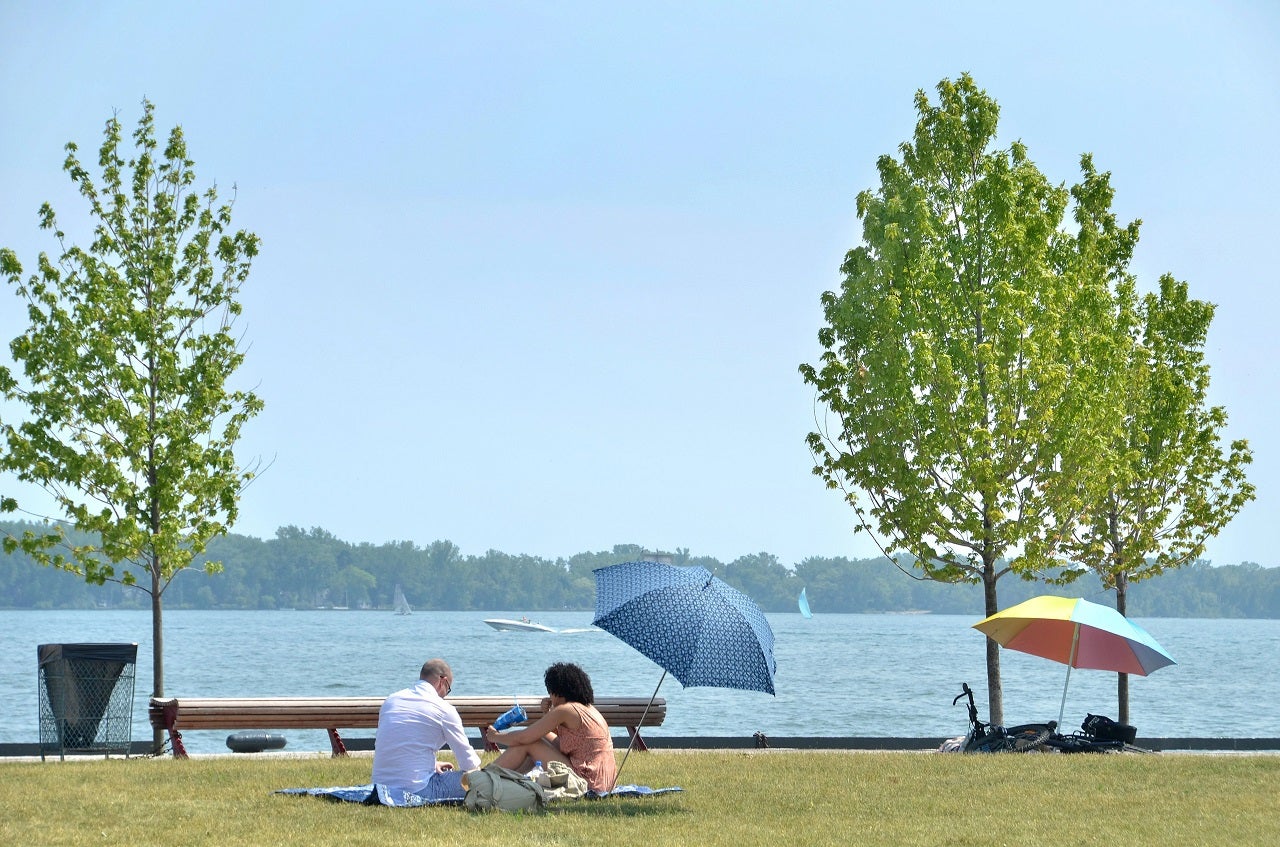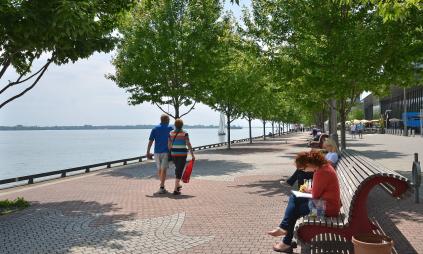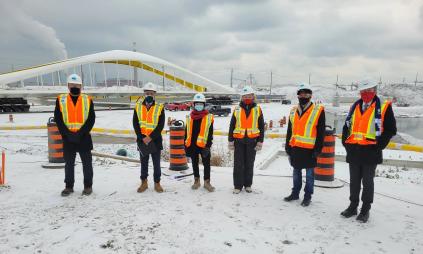Closed Meeting Investigations
In order to provide an independent review of Waterfront Toronto’s Board and Board Committee’s open meeting performance, Waterfront Toronto has appointed an Investigator to conduct investigations if there is a complaint about a closed meeting.
These rules are found in Section 190 of the City of Toronto Act and are included with Waterfront Toronto’s By-Law No 2.
Why are some meetings closed to the public?
Generally Waterfront Toronto is required by law to give notice and hold all meetings of the Board of Directors in public. Waterfront Toronto takes a number of steps to ensure the highest degree of openness and transparency for meetings of the Board and Board Committees.
The law that directs Waterfront Toronto’s open meeting policy is the Toronto Waterfront Revitalization Corporation Act, 2002. It states Waterfront Toronto is subject to the open meeting law requirements in the City of Toronto Act, 2006, that outline when the Board can go into a closed meeting. The rules that have been adopted for both the Board and Board Committee meetings are included in Waterfront Toronto’s By-Law No 2.
In order to provide an independent review of Waterfront Toronto’s Board and Board Committee’s open meeting performance, Waterfront Toronto has appointed an Investigator that can conduct investigations if there is a complaint about a closed meeting. Through Local Authority Services (“LAS”) Waterfront Toronto has engaged the services of Amberley Gavel Ltd. as the Investigator, and they have been appointed to conduct investigations of complaints regarding meetings or parts of meetings that are closed to the public.
When can a meeting be closed to the public?
Sometimes it is necessary to close a meeting to the public so the Board or Board Committee can consider confidential information, as permitted by law. Under Section 6(1) of Waterfront Toronto’s By-Law No 2, a meeting can only be closed if the subject of debate falls under one of several exceptions to the open meeting rules.
What steps do I take if I have a concern about a closed Board or Board Committee meeting?
-
Contact the General Counsel and see if they are able to answer your question or concern.
-
If the General Counsel is unable to resolve your concern and you believe that the meeting was closed to the public in a way that is not permitted by law, you may request the Investigator to consider your concern. To do this, submit a written request using the complaint form for a closed meeting investigation. When the request is received it will be forwarded to the Investigator by the General Counsel along with supporting documentation relating to the meeting.
What is a Meeting Investigation?
Any person or corporation will be able to request an investigation on whether the Board of Directors or a Board Committee has complied with closed meeting rules outlined in the Corporation’s By-Law No 2.
The investigator will determine compliance with Waterfront Toronto’s By-Law No 2 with respect to closed meetings and will report on the results of such investigations to the Board or Board Committee, as appropriate, and may make them public. During the investigation, the investigator may contact the complainant for further information.
How do I request an investigation?
The complaint form can be obtained by downloading a copy of the document. The form must be completed, signed and submitted in writing, in a sealed envelope marked “Private and Confidential” to:
Ian Ness
General Counsel
Waterfront Toronto
251 Queens Quay East, Suite 301
Toronto, ON M5A 0X3
ATTENTION: General Counsel
Be sure to sign your request. Waterfront Toronto cannot accept anonymous or unsigned requests. All complaints will be treated as confidential at all times and will be forwarded directly to Amberley Gavel Ltd.
Closed Meeting Investigation Reports
Links to any available reports will be posted here.




